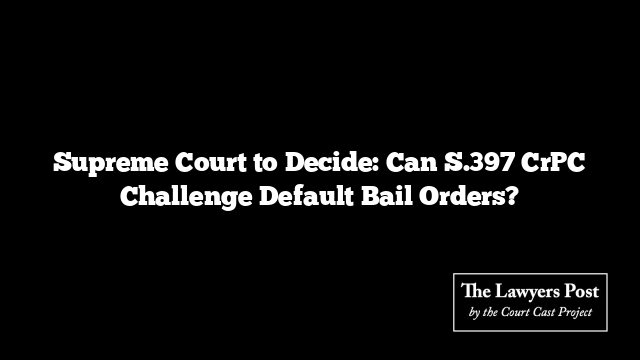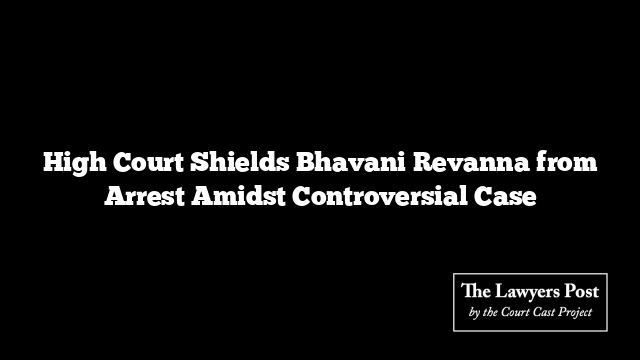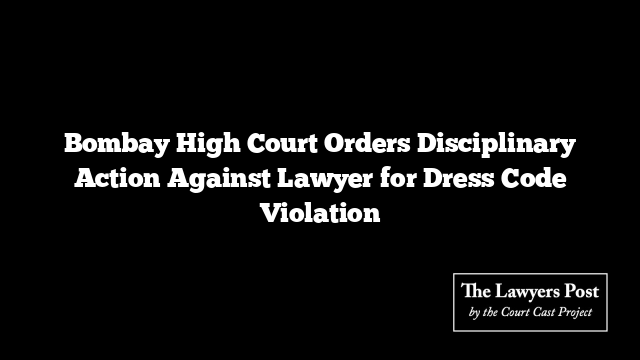In a pivotal legal quandary, the Supreme Court is poised to deliberate whether a revision petition under Section 397 of the Code of Criminal Procedure can contest an order granting default bail under Section 167(2) Cr.P.C.
This issue comes to the forefront as the Court, comprising Justices Sanjay Kumar and Augustine George Masih, addresses a matter unprecedented in its previous rulings. Originating from a Delhi High Court decision, the case involves an appeal against the affirmation of the Principal District & Sessions Judge’s denial of default bail to the petitioner.
Central to the petitioner’s argument is the assertion that revisions are impermissible against orders granting default bail, categorizing them as interim rulings under Section 397 Cr.P.C. In stark contrast, the prosecution contends that such orders constitute final decisions eligible for revision.
The Delhi High Court, leaning on precedents from various jurisdictions, sided with the prosecution, asserting that a statutory bail issuance marks the conclusion of interim custody, not an interim measure open to revision. Consequently, the petitioner sought relief in the form of a Special Leave Petition (Criminal) before the Supreme Court.
Upon hearing arguments from the petitioner’s counsel, the Court issued a notice to the State, instructing a stay on the petitioner’s arrest until further deliberation.
Recently, the Madras High Court offered a parallel interpretation, stating that dismissals of statutory bail applications under Section 167(2) of Cr.P.C. should be considered intermediate rulings, contestable via revision petitions without being subject to Section 397(2) Cr.P.C.’s limitations.
This case, drawing the attention of legal scholars and practitioners alike, stands poised to redefine the contours of bail jurisprudence under Indian criminal law.





